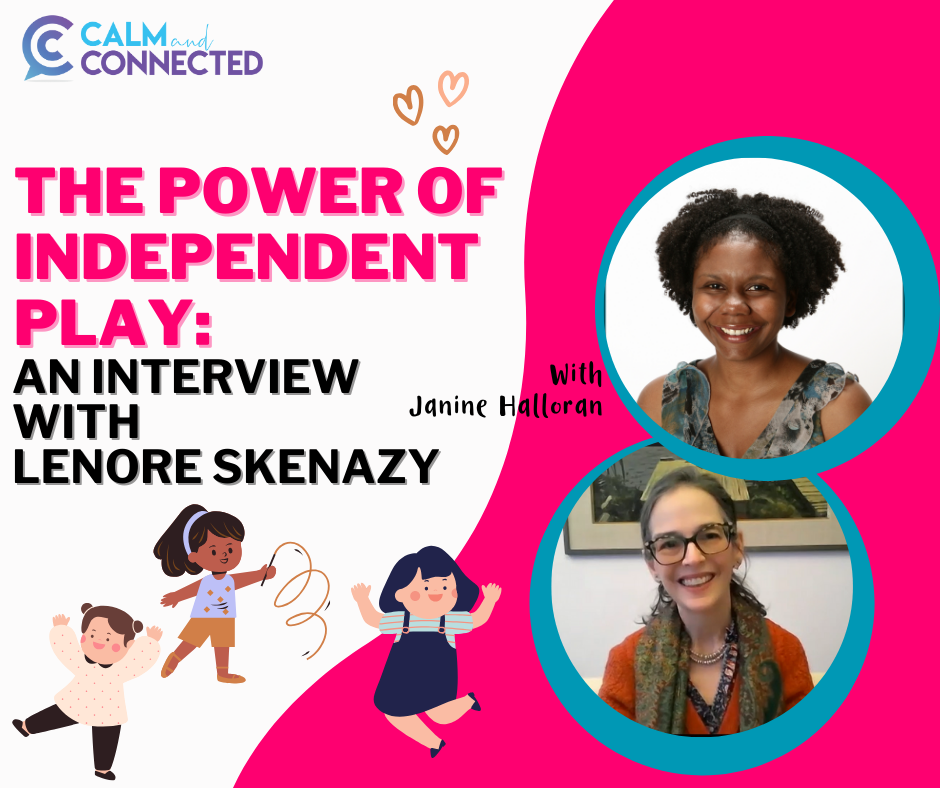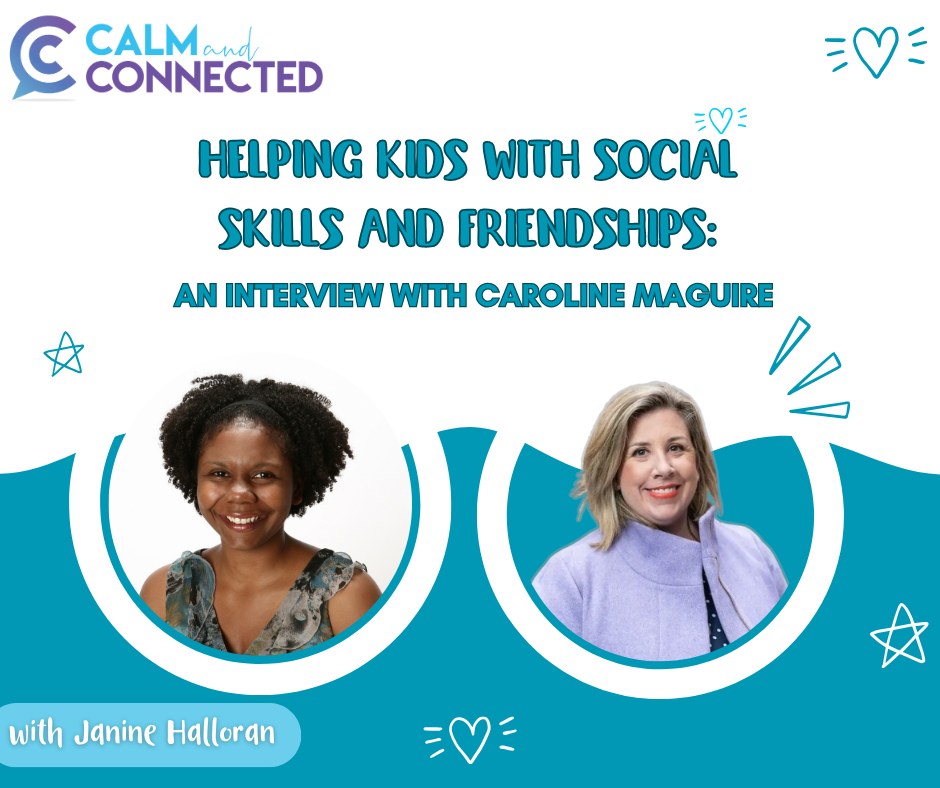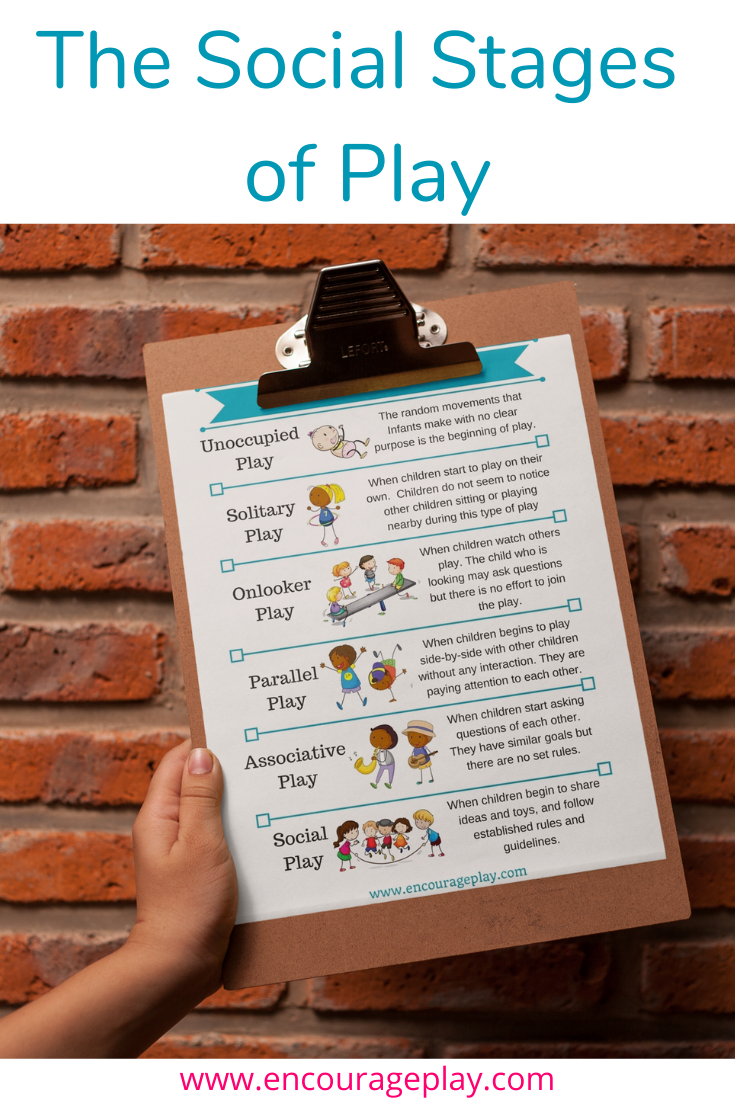Do you know how my 5th grade teacher taught us the planets? She sang it to us. When her former students would come back and visit, she would always ask if they remembered the order of the planets. And they’d all end up singing it back to her. Imagine these big high school juniors and seniors singing in the middle of a 5th grade class?!
And even now, when I say the order of planets, the melody plays in my head. It stuck with me. Because I learned it through play.
The best way to learn anything is through play. Children can not only learn about science, math and engineering through play, but they can also learn important social skills while playing. Children can learn about problem solving, advocating for themselves, decision-making skills, working in groups, sharing and resolving conflicts.
As children develop and grow, so does their way of playing. Mildred Parten did some great work observing youngsters at play, and developed the stages of social play for children. Let’s take a brief look at how social play develops and changes over time for children. There are six stages of social play and it starts at birth.
1. Unoccupied play
I know this can be hard to believe, but play starts at birth. You know those random movements that Infants make with no clear purpose? This is actually the beginning of play.
2. Solitary play
This stage, which starts in infancy and is common in toddlers, is when children start to play on their own. When engaged in solitary play, children do not seem to notice other children sitting or playing nearby during this type of play. Just because it starts in infancy and toddlerhood doesn’t mean it needs to stop. All age groups can (and should!) have some time for independent, solitary play.
3. Onlooker play
Onlooker play happens most frequently during the toddler years, but can happen at any age. This stage is when children watch others play. The child who is looking at the others who are playing may ask questions of other children, but there is no effort to join the play. This may happen when a child is shy, or unsure of the rules, or is hesitant to join the game.
4. Parallel play
Parallel play is usually found with toddlers, although it happens in any age group. Parallel play starts when children begins to play side-by-side with other children without any interaction. Even though it seems like they are not interacting, they are paying attention to each other. This is the beginning of the desire to be with other children. This stage really starts to lay the groundwork for the more complex social stages of play.
5. Associative play
At around three to four years of age, they eventually become more interested in the other children rather than the toys. At some point, a child will start interacting more with the other child they are playing with; this is called associative play. They start asking questions and talking about the toys and what they are making. This is the beginning of understanding how to get along with others. During associative play, children within the group have similar goals (for example: building a tower out of blocks). However, they don’t set rules and there’s no formal organization.
6. Social play
Children will really begin to socialize starting around three or four. They begin to share ideas and toys, and follow established rules and guidelines. They play shop and figure out who will play what role. They can work together to build something or maybe play a simple game together. This is really where a child learns and practices social skills, like cooperating, being flexible, taking turns, and solving problems.
As children proceed in the stages of play, their play becomes more complex and involves more and more interacting with others. For children to practice social skills like cooperating, compromising and problem solving, the best way to do that is to let them play. They’ll remember the rhythms and melodies of social interactions much more smoothly if we allow them the time and space to play.
Here’s a free printable about the social stages of play that you can download (plus 5 more free printables) for you!
References
Parten, M (1932). "Social participation among preschool children". Journal of Abnormal and Social Psychology 28 (3): 136–147.












